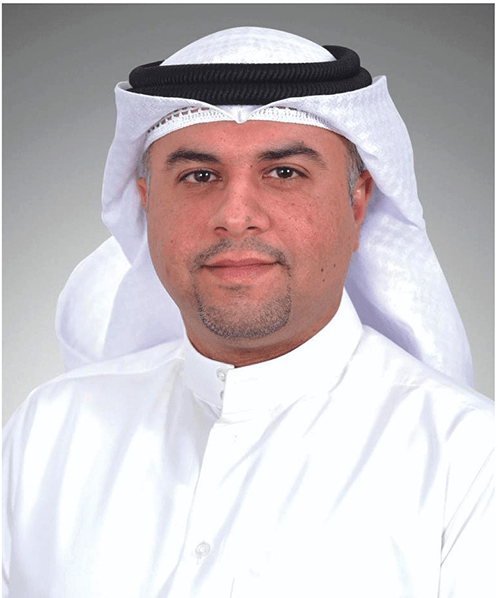As preparations are in full swing for the Kuwait Festival for Tourism and Entertainment, scheduled for January, it is evident that Kuwait is determined to become a financial, economic, and cultural hub. This festival, held under the slogan “Kuwait: One Hundred and One Nights,” aims to transform Kuwait into a distinctive center for finance, economy, and culture. With the paramount significance of tourism, the country is focused on developing and promoting its tourism sector to increase non-oil revenues and bolster the national economy.
One key aspect that plays a crucial role in achieving this vision is the real estate sector, which has an integrated connection with tourism. By enhancing the various domains and infrastructure within the real estate sector, Kuwait aims to position itself as a tourist destination, particularly for Gulf tourists.
The organizers of the Kuwait Festival for Tourism and Entertainment rely on well-trained young Kuwaitis to organize festivals and events. They offer governmental services, cultural tours, sports activities, and exhibitions to support and promote tourism in the country.
Kuwait boasts fully equipped venues for hosting touristic activities, including parks, cultural and sports centers, museums, and utilities. The Chairman of the Union Real Estate Company, Ibrahim Al-Awadhi, emphasized the close connection between tourism and the real estate market, as they mutually influence each other.
Al-Awadhi further stated that tourism is also linked to property activities, such as hotels and hotel apartments, which provide services related to the tourism sector. The growth of touristic activities and festivals will undoubtedly attract tourists and visitors to Kuwait, contributing to the promotion of the commercial sector.
According to Al-Awadhi, the development of the tourism and entertainment sectors will lead to job creation, innovative visions, products, and projects. The tourism sector has become a significant source of revenue for neighboring countries, and Kuwait aims to capitalize on this potential.
This approach will not only boost the gross domestic product (GDP) but also reduce reliance on oil earnings for Kuwait. Al-Awadhi emphasized that any state’s efforts to reactivate a specific sector will undoubtedly promote the property, entertainment, and tourism sectors.
Hani Al-Seddi, Chairman of the Touristic Property Committee of the Kuwait Festival Association, highlighted the importance of focusing on touristic properties and the tourism industry in general. Diversifying the country’s income sources and increasing non-oil revenues are crucial goals for Kuwait.
Al-Seddi emphasized the close and positive relationship between investment in touristic real estate and the overall touristic environment. Touristic properties play a significant role in flourishing tourism in Kuwait, similar to other countries around the world.
Real estate has a tangible influence on the future dimensions of the local tourism industry and the development of a prosperous economy. It aligns with Kuwait’s distinctive vision for its touristic roadmap, as outlined in the New Kuwait 2024 Vision.
Furthermore, real estate contributes to boosting rental returns due to the growing demand and landlords’ ability to capitalize on opportunities by renting their facilities at higher prices during the festival and other touristic events.
In conclusion, Kuwait’s focus on developing its tourism sector through real estate development is a strategic move to diversify its income sources and reduce reliance on oil revenues. The Kuwait Festival for Tourism and Entertainment serves as a platform to showcase the country’s cultural, economic, and touristic potential. By investing in touristic properties and enhancing the overall touristic environment, Kuwait aims to position itself as a premier tourist destination in the region.
Source: TimesKuwait







